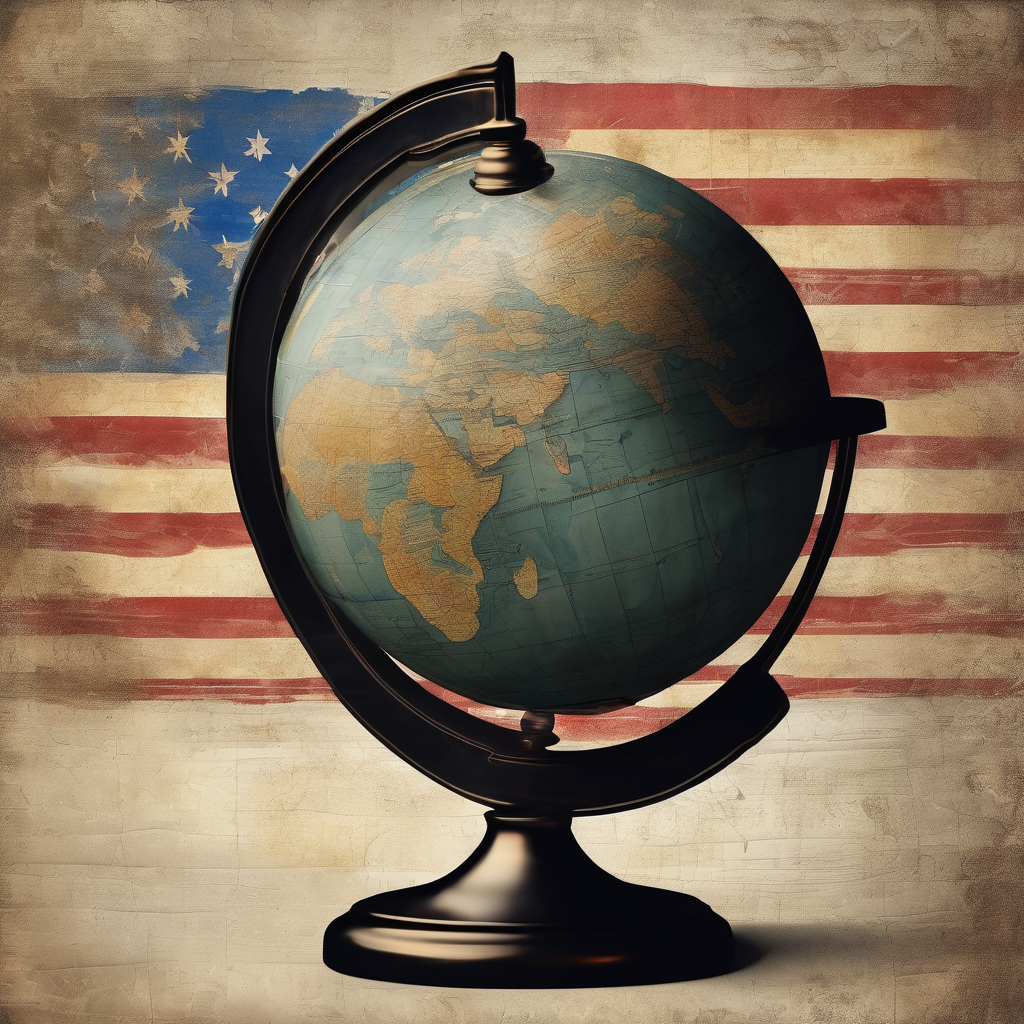Ken Burns’ forthcoming PBS series, The American Revolution, reframes the historic conflict as a turbulent and complex struggle marked by military challenges and desperate circumstances. Unlike the traditional portrayal of the war as a straightforward path to independence, Burns presents it as a chaotic series of battles fueled by shifting alliances and dire conditions.
In a recent interview on Fresh Air, Burns highlighted the multifaceted nature of the war, stating, “This was not just a war between Americans and the British. It was Americans killing Americans. And it became a global war.” This six-part, 12-hour documentary, co-directed by Sarah Botstein and David Schmidt, is set to premiere on November 16 and will be available for the first time in 4K Ultra HD on the PBS app, further enhancing the viewing experience.
Burns, who is known for his impactful storytelling as seen in previous works like The Vietnam War, has invested nearly a decade into this project. The focus of the documentary extends beyond mere ideology; it delves into the military tactics, hardships, and the often-overlooked realities of the Revolutionary War. The series reveals that the collection of disparate forces—militiamen, immigrants, and laborers—formed the backbone of the war effort, highlighting the lack of a professional standing army at the war’s outset.
One poignant aspect of the series is its exploration of General George Washington’s leadership journey, illustrating his early hesitations, such as his initial reluctance to recruit Black soldiers, contrasted against his adaptability as circumstances evolved. Washington’s perseverance during the harsh winter of 1777, when his army faced extreme deprivation and desertion, exemplified his commitment and ultimately helped galvanize American forces.
The tension between local militias and the Continental Army emerges as a significant narrative thread, showcasing the difficulties Congress faced in maintaining supply lines and coordinating troops, particularly during brutal winters such as those at Valley Forge. As Burns notes, the war’s survival often hinged on logistical support rather than solely military might.
The series also casts light on the war as a civil conflict, where Patriots and Loyalists engaged in violent skirmishes that divided communities and families, complicating the quest for unity. This brutal reality serves as a critical reminder of the internal strife during the Revolution, where loyalty was continually tested.
Burns introduces viewers to lesser-known participants of the Revolution, including enslaved Black soldiers and Native American allies, enriching the narrative and underscoring the extensive toll of the conflict. These stories highlight that the fight for independence also encompassed struggles for justice and inclusion, echoing themes relevant to contemporary society.
As the series prepares to air, it stands as not just a recounting of past events, but as a crucial reflection on the complexities of American history. The American Revolution aims to resonate with all viewers, particularly military professionals, by showcasing the realities of wartime challenges, leadership, and the ongoing fight for liberty.
Ken Burns’ The American Revolution will begin airing on PBS starting November 16, offering a compelling and honest portrayal of a pivotal period in American history. Be sure to check local listings to catch this significant documentary.
